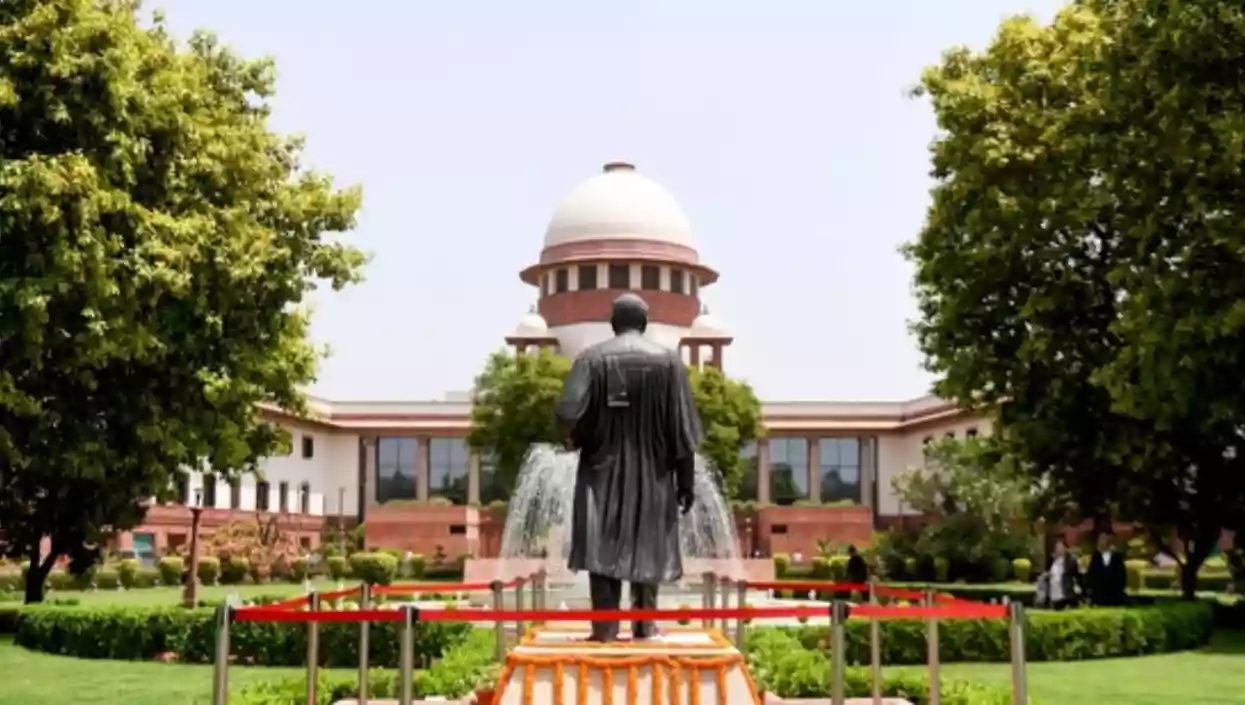.gif)
.gif)

The Supreme Court on Tuesday reinstated the rule mandating a minimum of three years of legal practice for those seeking to join the judicial services as civil judges. This decision reverses a 2002 order that had allowed fresh law graduates to directly enter the judiciary in an effort to attract young talent.
A bench headed by Chief Justice Bhushan R Gavai, along with Justices AG Masih and K Vinod Chandran, said that real court experience is indispensable for understanding litigation and justice delivery. The court reviewed feedback from high courts and found that fresh graduates often lacked practical exposure to court functioning, leading to multiple challenges.
“Only a practicing lawyer can understand the intricacies of litigation and the administration of justice,” the bench observed. It noted that allowing experienced lawyers into the judiciary would promote greater sensitivity to human problems and bring depth from bar experience. The judgment came after the All India Judges Association petitioned for the restoration of the 3-year practice rule.
The court directed all states and high courts to amend their recruitment rules within three months. However, it clarified that the decision would apply only to future recruitment processes and not impact ongoing selections or advertisements already issued.
Candidates must now provide a certificate of experience signed by a senior advocate with at least 10 years at the bar and endorsed by a principal judicial officer. Those practicing in higher courts must obtain judge-signed endorsements. Practice will be counted from the date of provisional registration, which precedes the mandatory All India Bar Examination.